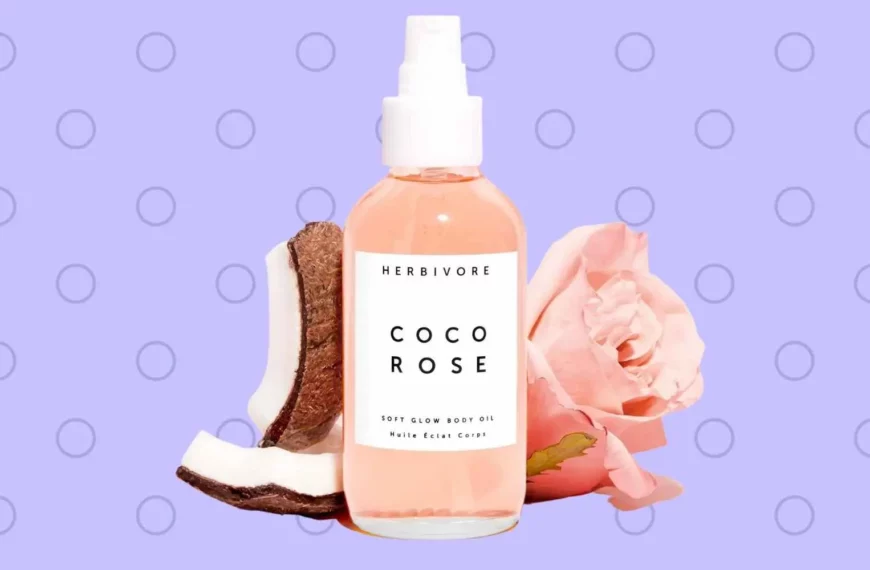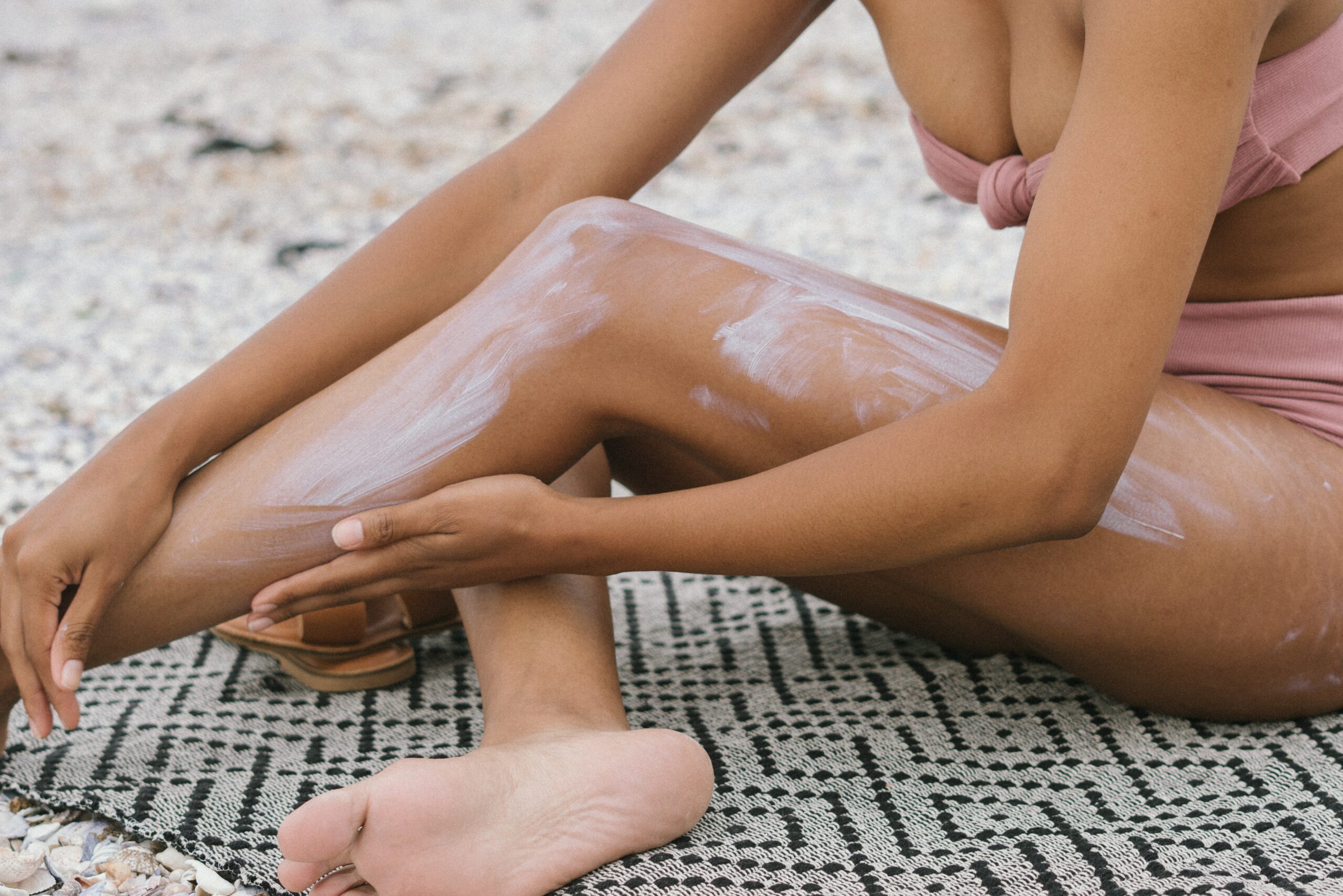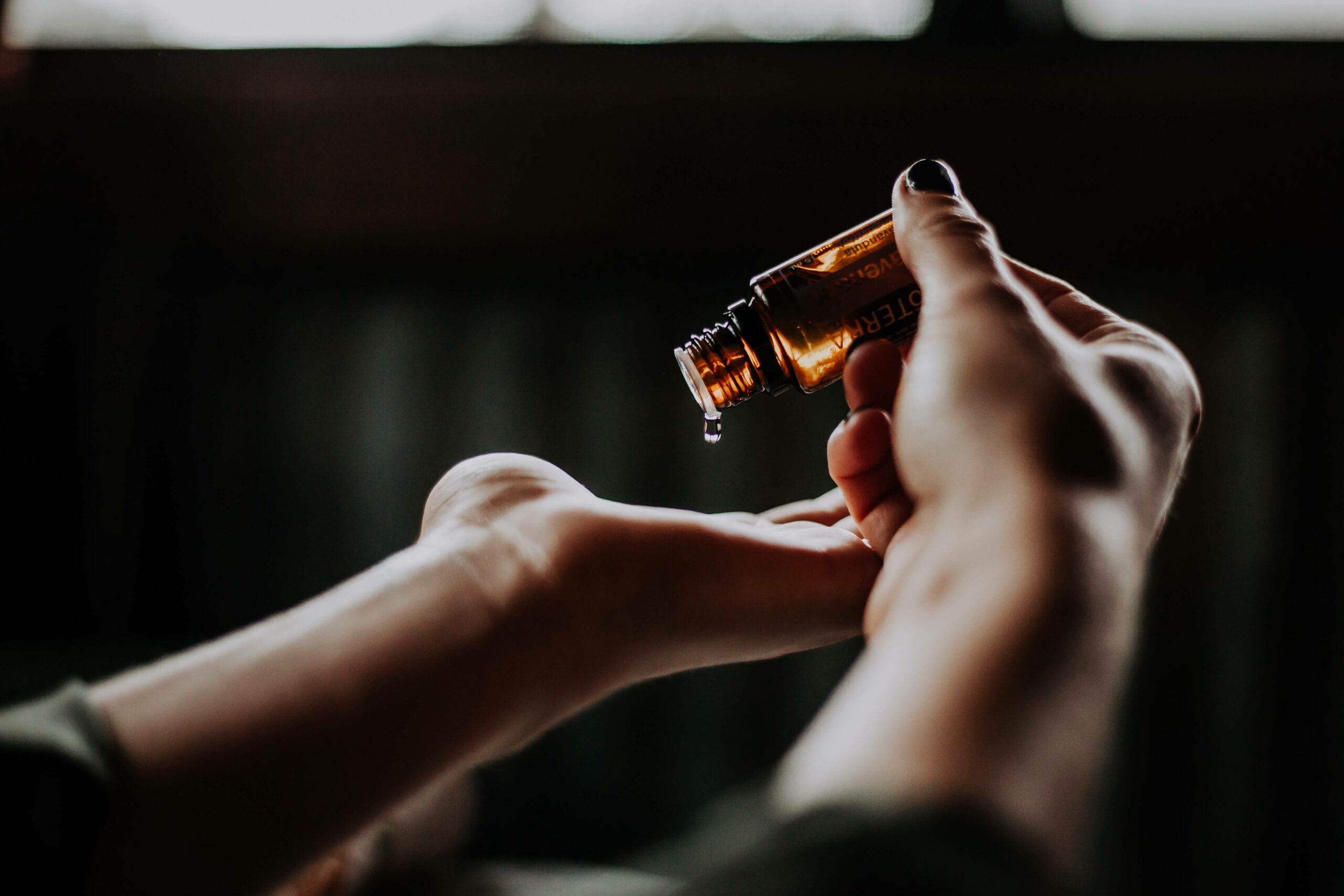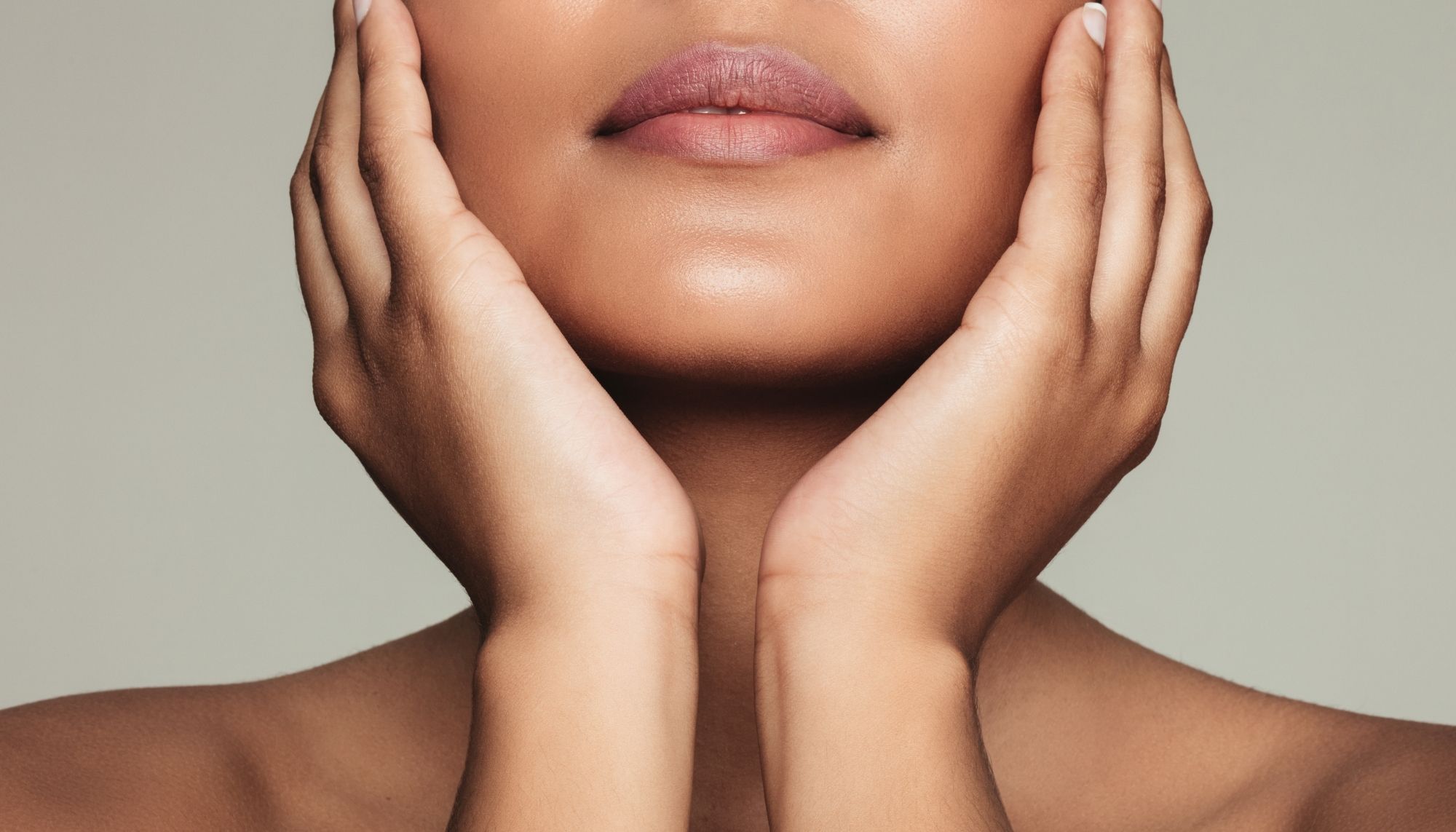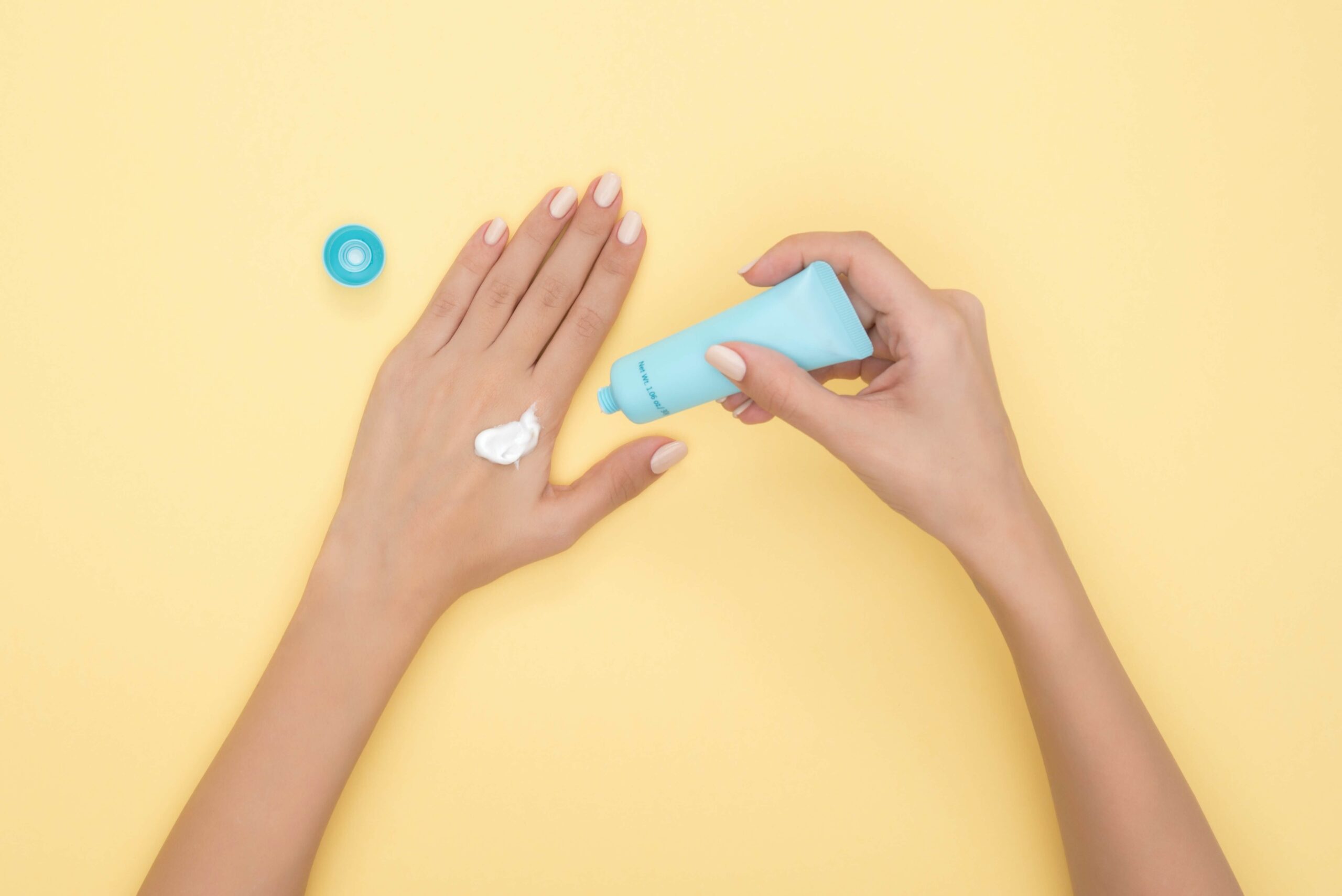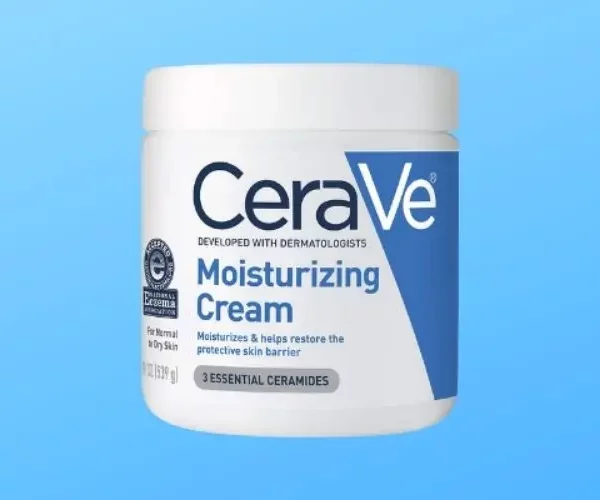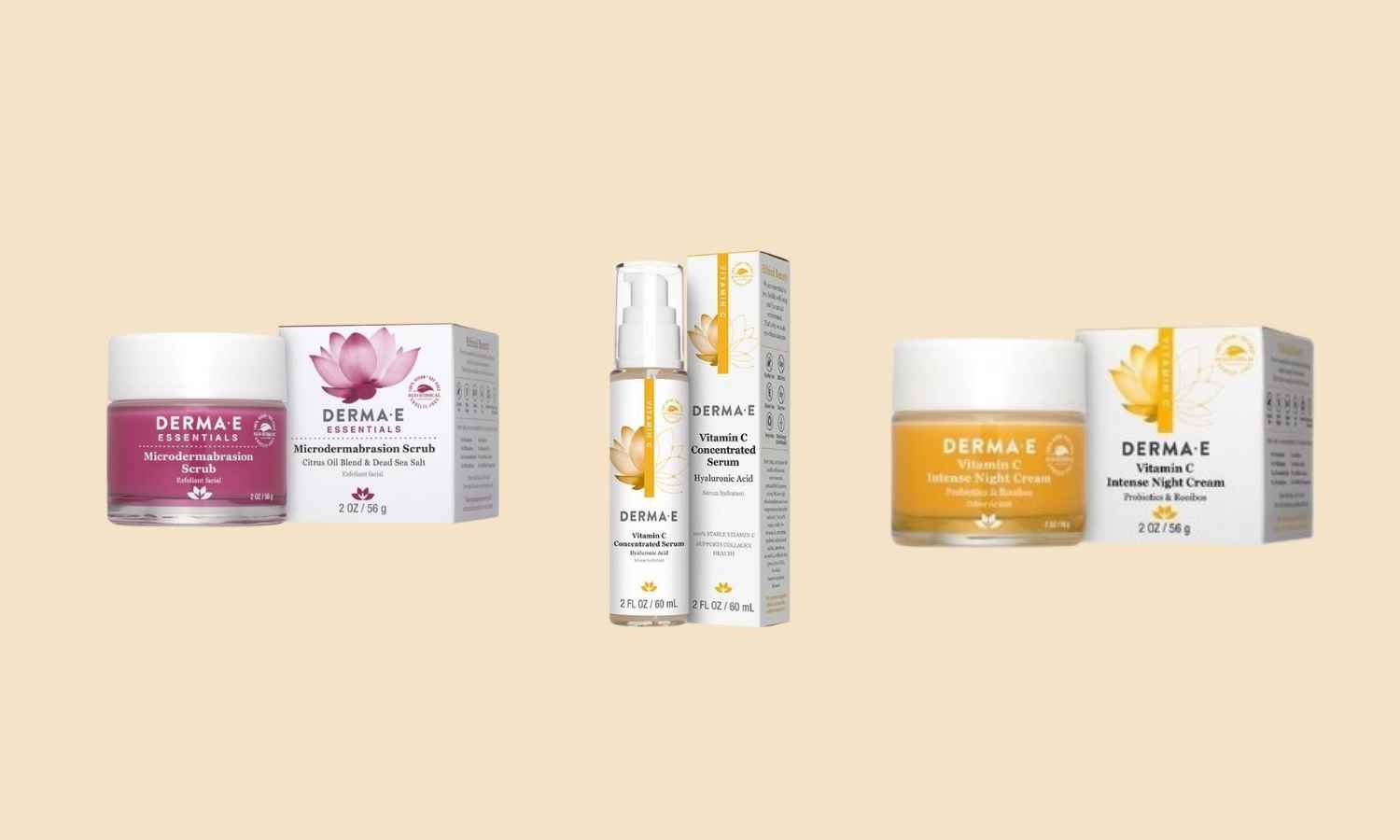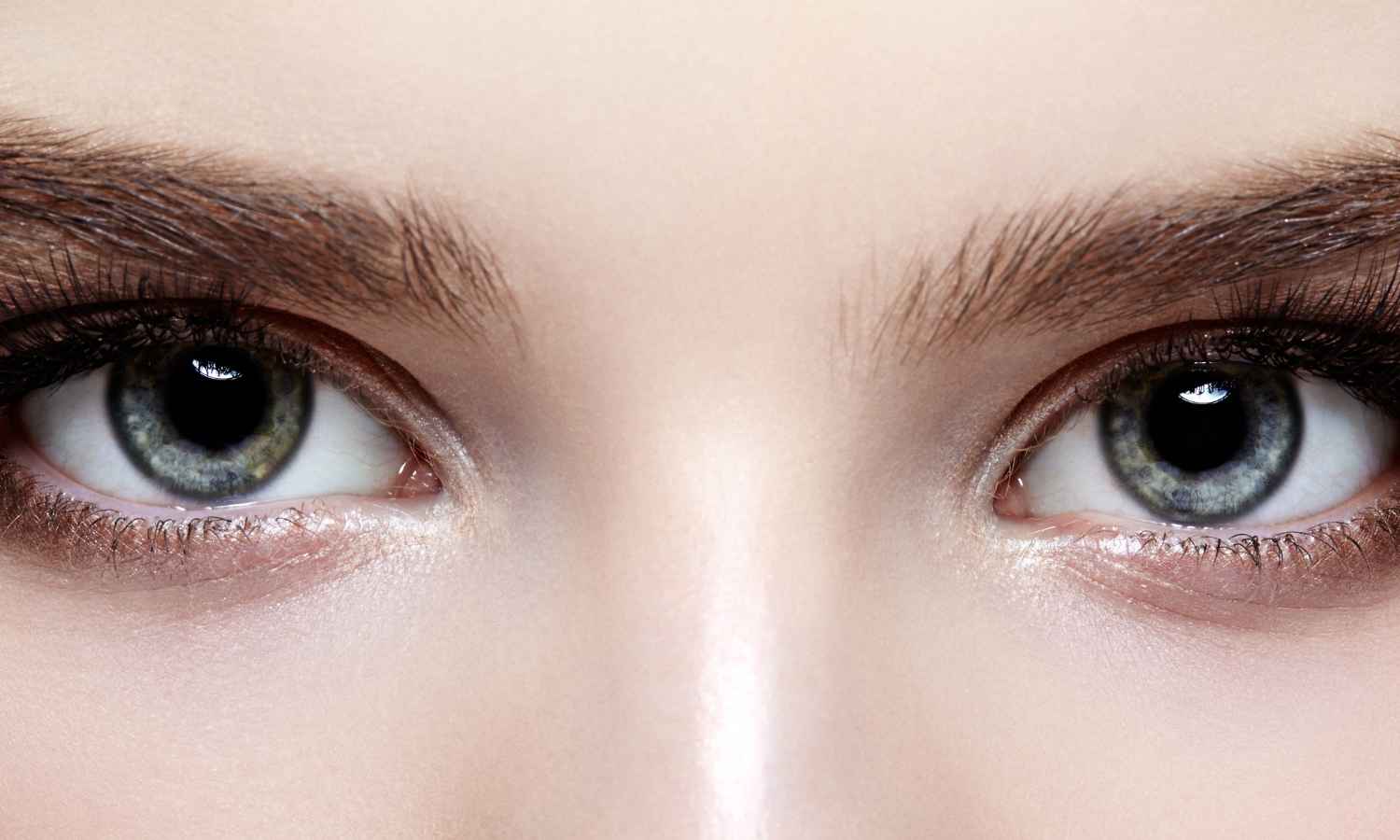Lately, it seems like every other ingredient in our skincare is out to harm us. One of the most mysterious of those ingredients is fragrance. So mysterious that you might find yourself asking: is fragrance bad for skin, and subsequently, our health?
Experts love to argue back and forth about what is safe and what is harmful when it comes to cosmetics, personal-care products, and cleaners. This just makes the hard task of finding clean skincare products even harder.
Ahead, we’ll dive into the background of what makes fragrance so elusive, and why you should exercise caution when using products that contain it.
Is Fragrance Bad for Your Skin?
First things first: what do we mean by “bad?” When you experience a negative reaction from a skincare product, fragrance is often the culprit. Some fragrances cause irritation or allergic reactions, resulting in rashes, bumps, itching, or other side effects.
Everyday, people use skincare products that contain fragrances without any problems. However, if you have sensitive skin or a skin condition like eczema or rosacea, products that contain fragrances might cause undesired irritations or reactions.
Plus, many people voice their concerns about the toxicity level of several fragrance ingredients used in skincare products. Keep reading to learn more about fragrance, it’s ingredients, and potential safety concerns.
RELATED: 11 Best Makeup Removers for Sensitive Skin
Do Fragrances Need to be Approved by the FDA?
The biggest issue with fragrance is probably the way it’s allowed to be labeled. Many products only list the word fragrance, when it could be composed of hundreds of ingredients.
In the US, cosmetic ingredients do not need to be reviewed or approved by the FDA. Plus, because fragrance can be used as part of a company’s branding, it is considered a “trade secret.”
That means companies have legal protection to keep certain fragrance ingredients hidden from buyers in their formulas. These ingredients are often labeled as simply “fragrance” or “parfum.”
Perhaps most concerning are the companies that sell body fragrance, like Axe, which can refuse to disclose their formulas even when it has caused reactions, sometimes life-threatening, around the country.
Since we can’t trust regulation or manufacturers to be transparent, responsibility often falls on the consumer. It’s up to us to choose which products we believe to be the best option for our health.
What Ingredients do Fragrances Contain?
Even though specific info on fragrance ingredients are often kept hush-hush, we do know what fragrances could contain. Perfumers choose from a list of 4,000 fragrance ingredients set by the International Fragrance Association (IFRA). The chemicals on this list are not tested for safety or reviewed by the FDA.
The IFRA estimates perfumers create about 60,000 to 80,000 fragrance blends every year. On top of that, each blend contains between 50 and 250 ingredients.
That means we’re often applying, ingesting, and inhaling thousands of unregulated chemicals that have not been reviewed or tested for safety.
This lack of transparency creates a lot of “may or may not cause __________” labels which, as a buyer, can feel like you’re taking a gamble between a product with fragrance and one without.
Because regulation surrounding fragrances is so lenient, the best option for those with sensitive skin would be to avoid fragrance. Current regulation and labeling too often leave us in the dark.
What Harmful Ingredients are Hiding in Fragrances?
If you’ve already purged your skincare of any products that list parabens, phthalates, and formaldehyde, you may think you’re in the clear.
But if any of your products list “fragrance” as an ingredient, you can still be exposing yourself to those same chemicals, leading to bad reactions on your skin. The word “fragrance” can mean thousands of ingredients under a single label.
Here is a list of the most potentially dangerous ones:
- Phthalates: Phthalates are known to be weak endocrine disruptor. Although there haven’t been very many studies on humans, animal studies have found them to negatively impact reproductive and developmental health. Other findings include early onset of puberty, interfering with the natural functioning of the hormone system, and causing reproductive and genital defects.
- Musk ketone: Another known endocrine disruptor, musk ketone can accumulate in human fatty tissue and breast milk. Although several studies have not shown a strong indicator of potential toxicity, high levels of musk ketone may be associated with some pretty negative health issues. Examples include ovarian failure and infertility in females, and sperm damage in males.
- Styrene: Most studies on styrene are focused on exposure in the workplace, such as manufacturers of boat, car, and truck parts. However, you can also find styrene in perfumes. The National Toxicology Program listed styrene as a possible human carcinogen, aka potentially cancer-causing.
- Methylene chloride: This ingredient was banned for use in paint removers by the EPA in 2019 but still continues to be used in fragrances. It is chemically classified as a pesticide by the CDC and can impact the liver and nervous system.
RELATED: Honest Beauty Reviews: Is Their Clean Beauty Better?
Alternatives to Fragrance
Maybe you don’t want to take the risk of an allergic reaction to certain fragrances. Or maybe you’re trying to make your skincare routine “cleaner” by ditching fragrance. Whatever the reason, you should reach for products labeled “fragrance-free” and pass on anything that says “unscented”.
Ironically, unscented products often mean chemicals have been added to the product to mask the scent of other chemicals. Since this defeats the purpose of removing fragrance, it’s best to skip them altogether.
Avoiding a product with “fragrance” or “parfum” doesn’t mean you have to give up on nice smells. However, you’ll need to be pickier about the source of the scents you’re choosing. Here are some tips on choosing fragrance-free products.
Look for USDA Certified Organic Makeup and Skincare
The USDA is one of the only regulatory systems we have for cosmetics, body care, and personal-use products. A personal-care product that is made up of agricultural ingredients can be evaluated by the USDA for certification.
Once certified, the approval means the “production, handling, processing and labeling standards” are certified organic and meet the same standards as all other certified organic agricultural products.
Choose Pure Essential Oils
Essential oils have been around for centuries and many have anecdotal evidence to support positive health benefits. These include antimicrobial, antibacterial, antitumor, and antifungal properties.
100% pure essential oils (not fragrance oils) are naturally derived and composed of just one ingredient. Some companies will sell essential oil blends, so double check the label to make sure there isn’t anything else in there besides pure essential oils.
It’s important to note that essential oils are very concentrated and come with their own specific instructions for safe use. You should never apply an essential oil directly to your skin. Always patch test a new ingredient first and dilute before application.
Bottom Line
Even though it’s fairly relative to say whether or not fragrance is bad for skin, high usage amounts and frequency of exposure may produce negative health effects. Until we have more regulation and transparent labeling for fragrance, it’s probably best to avoid it as often as you can.
Fortunately, more companies are shifting to transparent packaging because consumers are choosing fragrance-free products.
By choosing fragrance-free products or safe scent alternatives, you’re telling brands that transparency and health is where you want to put your money. More often than not, companies will follow the money.
It’s up to you to decide what you want to put on your skin and, in the US, this means doing your own research. By now, it’s no secret that cosmetic and skincare companies lack transparency. Until that changes for the better, it’s on us as consumers to do the detective work on our own products.
